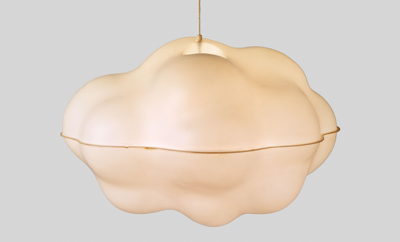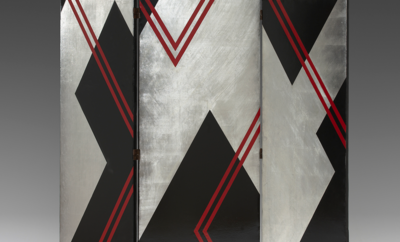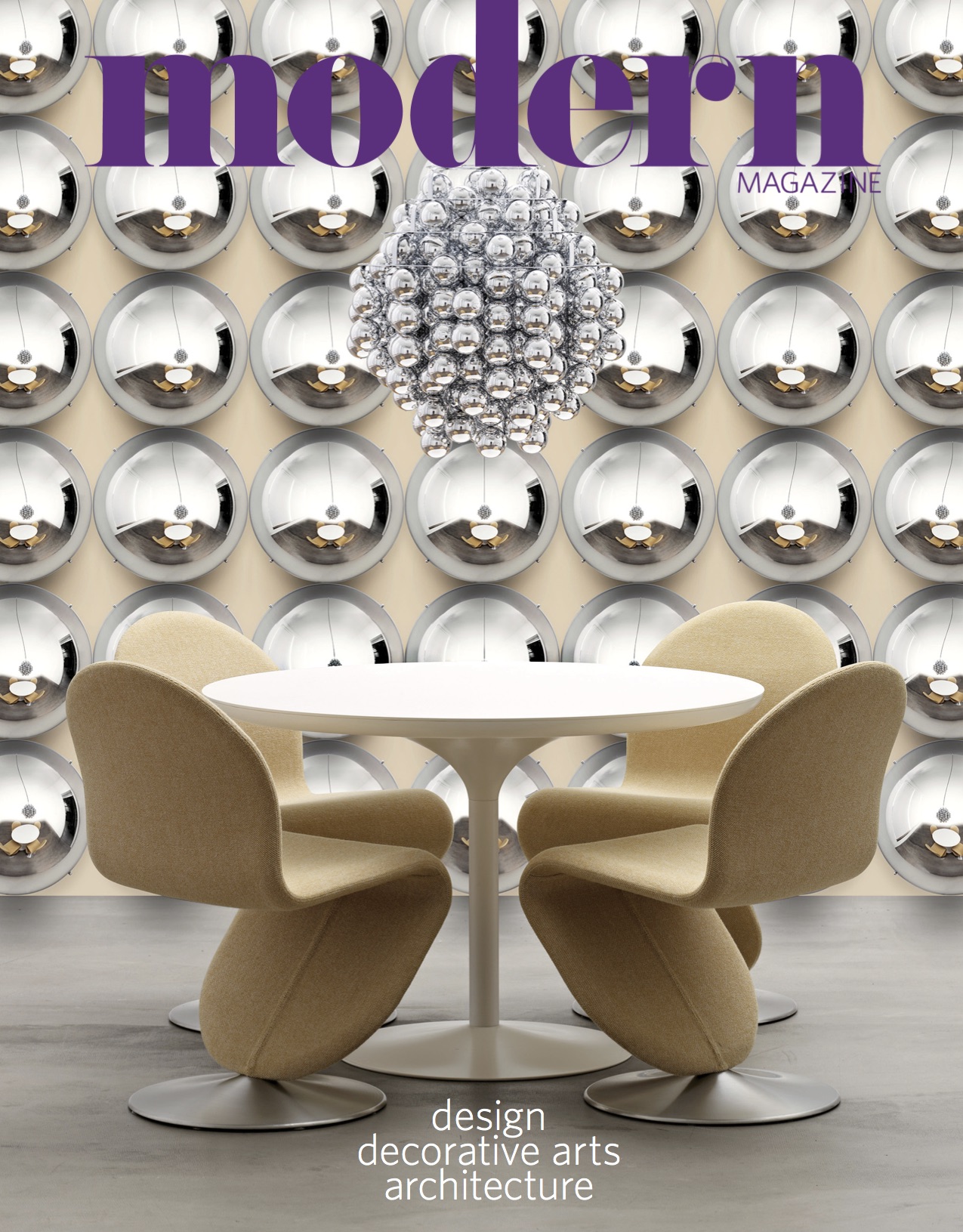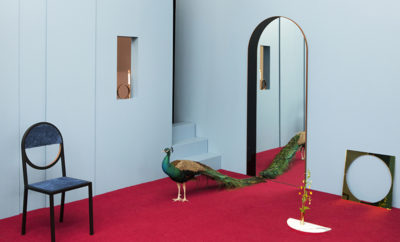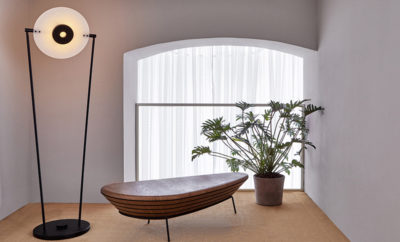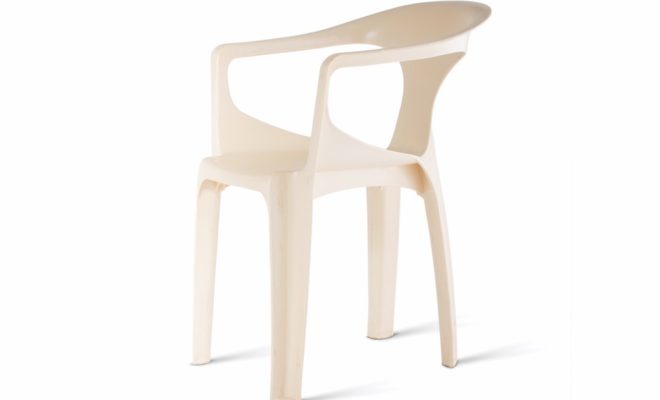
Design
Curator’s Eye: Fauteuil 300 by Henry Massonnet
Fauteuil 300 is now regarded as the archetype of the universal cheap white plastic chair
THE IDEA OF MAKING A CHAIR out of a single piece of material has fascinated designers for a long time. Early examples included the bent-plywood chairs by Gerald Summers and Charlotte Perriand. In the 1950s, new plastic-molding technologies made it possible to manufacture a chair in a single production step. Among the first mass-produced models were classics of design history, such as the Panton chair by Verner Panton and the Selene by Vico Magistretti. In 1972 Frenchman Henry Massonnet took these predecessors as a starting point for the design of Fauteuil 300, now regarded as the archetype of the universal cheap white plastic chairs known collectively as “monoblocs.”
By applying injection molding of polypropylene at STAMP (Société de Transformation des Matières Plastiques), his factory in Nurieux-Volognat, Massonnet reduced production time to less than two minutes per piece and created a chair that was at once weatherproof, stackable, and affordable. In spite of his initial attempts to brand the chair as a lifestyle product with a touch of glamour, Fauteuil 300 soon became a turning point, when high design transformed into a mass-consumer product spreading across the globe.

Fauteuil 300 (Polypropylene, 1972) by Henry Massonnet (1922–2005). © Vitra Design Museum / Jürgen Hans Photo
Monobloc chairs embody many questions and contradictions posed by today’s consumer society. On the one hand, it is the epitome of an affordable—and thus democratic— piece of furniture. On the other, it is criticized for falling short of sustainability targets. The same monobloc that is associated with cheap mass-produced merchandise in industrialized countries is considered a valuable object in some developing nations—and is mended or reused if it breaks. Precisely due to its multifaceted nature, the monobloc chair symbolizes a pluralistic approach to design history and demonstrates the complexity of material culture in the present day.
Heng Zhi
Curator of the Collection
Vitra Design Museum,
Weil am Rhein, Germany


